Why is My Water Heater Leaking Water? What to do [With Pictures]
Nothing is worse than finding a puddle of water around your water heater. It's another mess to clean up, and the sinking feeling you get pondering how much money you'll have to put into fixing it can be nauseating.
If your water heater suddenly has a puddle on the floor, it's important to know what the issue might be so you don't have to worry about more problems down the line. With this article, we will go over how a water heater works, some of the most common reasons for leaks, how to fix them if they're small, or if you need a water heater repair , and how you can try to prevent this scenario from occurring again in the future.
You might need to call in some professional help to fix your water heater. Or maybe all it needs is a little TLC to get back into working order. So let's get started with some ways you can deal with a leaking water heater:

How Does A Hot Water Heater Work?
First, it is important to understand how your water heater works! Let's dive in!
To start with, cold water enters the tank through the inlet pipes. Next, a dip tube brings the cold water down to the bottom of the tank to be heated. In an Electric Water Heater there are two electrical elements, one near the top and the other near the bottom, that heat the water inside.
If you have a Gas Water Heater then the burner assembly lights a flame. Then, this flame warms the bottom of your water tank, therefore warming the water inside. Then the fumes from the combustion gas escape through a round silver pipe. In addition to venting the flue gases, this pipe also warms the water.
Finally, this water exits the heater through the outlet pipe to be dispersed in your home.
What To Do If You Find A Leaking Water Heater
You don't need to stand in front of your leaking water heater helpless and confused. Keep reading for some simple troubleshooting steps any homeowner can take, including solutions for easy repairs if they feel comfortable enough!
Step 1. Verify It Is Your Water Heater Leaking Water
Now, it's time to get to the source of the problem.
It is important to investigate whether the moisture is actually a leak and not just condensation. Condensation is not a concern. Basically, it means the water heater is very hot, but the room in which it is located is cold. You can test this by wiping down and drying your water heater. Then, look closely at its exterior. If moisture develops evenly across the surface, it is likely condensation.
Next, be sure to check the surrounding appliances. Is your HVAC system nearby? Examine whether it could be your AC leaking water or furnace leaking water. You can put paper towels on the ground to test where the water is coming from.

Is it your water heater leaking water or your HVAC system leaing water?
Step 2. Turn Power Off
Once you verify it is your water heater leaking water, the next step is to immediately turn off the power. You should not be working on your water heater while it is hooked up to its power source.
If you have an electric water heater, find your circuit breaker and flip the water heater switch to OFF.

Turn the power off for an electric water heater at the circuit board.
On a gas water heater, there is a dedicated gas shutoff valve at the base of the tank, near the gas line.

Gas valve on water heater
Step 3. Shut Off Cold Water Supply
The next step is to stop the flow of the cold water supply into your water heater.
There are two pipes connected to the top of your water heater tank. Most water heaters have a shutoff valve on the cold supply inlet pipe. This is where your water supply comes from. Sometimes indicated by blue (cold) or red ( warm), the cold water inlet pipe provides the water tank with a cold water supply. The warm outlet pipe transports the hot water from the water heater into your home. If the pipes are not color coded, you can simply feel which one is cool and which one is warm to the touch.

water shut off valve
If the shutoff valve is a wheel that turns, then turn the valve clockwise as far as you can. If it is a ball valve, turn the handle 180 degrees.
Step 4. Look For The Source Of The Water Leak
Now we are really getting down to business. Once your water and power source are turned off, it's time to find the source of the leak so you can correctly troubleshoot and repair it. Try identifying where the water builds up and clean it up. Then, the next day, if you notice an accumulation of water in the same place, you now know where to start troubleshooting your hot water heater leaking.
Water Leak At Top Of Water Heater: Check Pipes

water heater leak at the top
Do you notice a water leak at the top of your water heater? Inspect the two pipes located on the top of your water heater. They are called the cold water inlet pipe and warm water outlet pipe. These pipes bring water into the tank to be heated and then out into your home for use. If their fittings or connections are loose, this could be the source of your leak. In this case, you can tighten the pipes with a pipe wrench.

A Pipe Wrench can tighten pipes to fix water heater leaking water
Side or Bottom of Water Heater Tank Leaking: Temperature & Pressure Relief Valve
If you see water seeping down the side, it may be your Temperature and Pressure Relief Valve, also known as the T&P valve. Every water heater has a T&P valve. This is a safety feature that is meant to release water if too much water pressure builds up. If you see water leaking from the T&P valve, first make sure the temperature is not set too high. If the temperature is too high, it may cause excessive pressure and trigger this safety mechanism. According to the Department of Energy , the temperature of your tank-based water heater should be 120 degrees Fahrenheit. However, if the temperature has not been set too high and leakage persists, you may have a faulty valve. If so, you need to consult an expert to replace it.
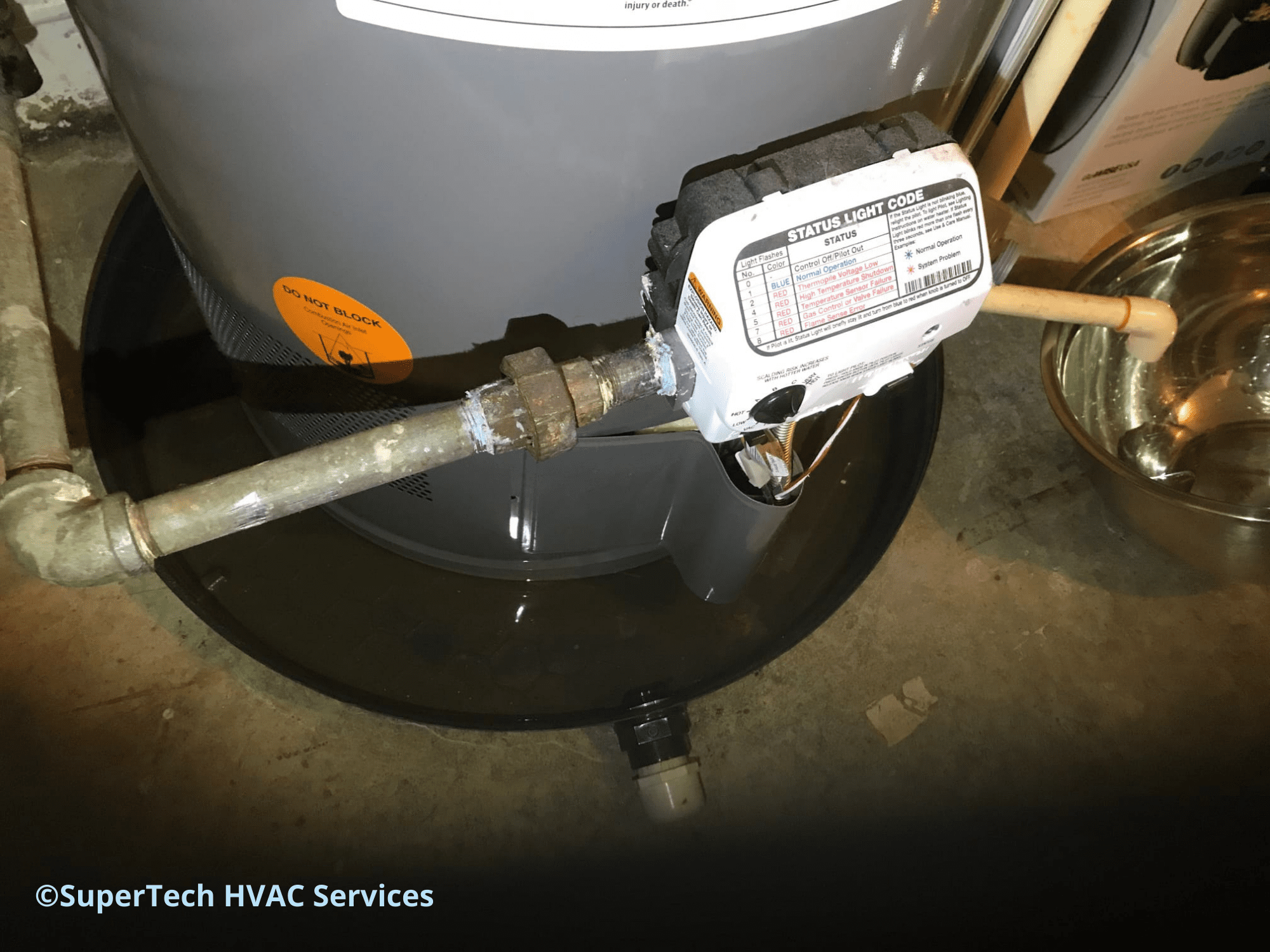
Water heater leaking water out of the drain valve
At the bottom of the water heater, you can find a drain valve. The purpose of this valve is to drain the water heater for maintenance. If you see water leaking from the bottom of your water heater, check that the drain valve is completely closed. If it is still leaking, it may be loose. By using a pipe wrench, you can try tightening the drain valve slightly. It is important to not over tighten the valve, as this would cause it to leak more. You may need to replace your drain valve if it continues to drip after you troubleshoot it.
Water Heater Tank Leak At The Base

water heater leak at the base
If you have an unexplained pooling of water near the base of your water heater tank, it may be the result of a crack in your hot water tank. Unfortunately, a hot water heater repair will not be enough; you will need a new water heater replacement.
Step 5. Clean Up Water Heater Leak
Don't forget to clean the water up. Water can be the cause of many problems. It might warp structures, damage belongings, and attract insects or mold! It's best to clean it up ASAP!
Step 6. Schedule A Water Heater Repair With An HVAC Pro
If after troubleshooting your water heater is still leaking water, you can always reach out to an HVAC Pro for help! Sometimes it takes a professional to get your water heater in working order.
What Causes A Leaky Water Heater?
Loose Pipes Connections
If any pipes connected to your water heater or valves are loose they may spring a leak. If tightening them does not stop the fixture from leaking, it may need to be replaced.
Bad Drain Valve
If your drain valve is loose or broken then water will leak out.
Faulty T&P Valve
The T&P valve is designed to let water out if the water pressure becomes too high. But if this valve connection becomes loose, or if the T&P valve breaks, water could seep out.
High Water Pressure
If the temperature on your water heater thermostat is set to high, the T&P valve will start releasing water. This is to protect you from a highly pressurized water heater.
Hard Water
Over time the minerals in the water heater cause the lining of the water heater tank to deteriorate. This causes cracks to form on the interior of the supply tank. Water will surely burst out of a tank with cracks.
Crack In Water Heater
Heat causes water to expand. And, the constant stress this puts on the water heater causes cracks to form on the surface over time.
Additionally, hard water also causes cracks to form in your tank. If your water heater has a crack you will need a water heater replacement.
How Do I Prevent My Water Heater Leaking?
Did you know that a leaky water heater is avoidable? You don't have to suffer through the stress and of unknown conditions of a leaking water heater.
A yearly checkup for your water heater is the key to avoiding expensive, inconvenient problems. Water heater maintenance from a professional takes proactive steps to put off cracks, leaks, and further problems from occurring with your water heater. Keep reading to find out how a pro will keep your water heater working as good as new.
Proper Maintenance From A Pro
Test Thermostat
A water heater pro will inspect your water heater thermostat to ensure proper functioning.
Check T&P Valve
Next, they will evaluate the T&P valve to make this safety feature is not putting your family or home at risk.
Analyze Flue Pipe
If you have a gas water heater, a water heater professional will analyze if the flue pipe is venting the combustion gases properly. Additionally, they will inspect for cracks, holes, or rust on the flue pipe.
Inspect For Leaks
A water heater specialist will look over the entirety of the water heater to see if there are any visible cracks or leaks present.
Evaluate & Adjust All Connecting Pipes
The pipes that bring water to the heater and take it away need regular maintenance. A professional will check for leaks and clean, tighten, and adjust all connections to the water heater.
Examine Drain Valve
During an annual maintenance check, a water heater pro inspects, tightens, and cleans the drain valve for your water heater. If it were to become loose. damaged, or clogged you would be dealing with a highly frustrating leak.
Replace the Anode Rod
They will also inspect and change your Anode rod to help prevent cracks from forming. The Anode rod attracts the minerals in the water so that the structure of the water heater is preserved for as long as possible. These harsh minerals cause the Anode rod to deteriorate, so it is critical to replace the rod every 2-3 years in order to continue to prevent the tank from cracking.
Drain Water Heater To Release Sediment
Over time, water heaters accumulate sediment, calcium, sand, and minerals that settle at the bottom. The buildup of sediment in your tank can cause cracks to form and your water heater to run inefficiently, among other problems. To avoid sediment damaging your water heater, you should drain your water heater once a year. During a water heater maintenance check with a pro they will always drain your water heater to prevent early decay.
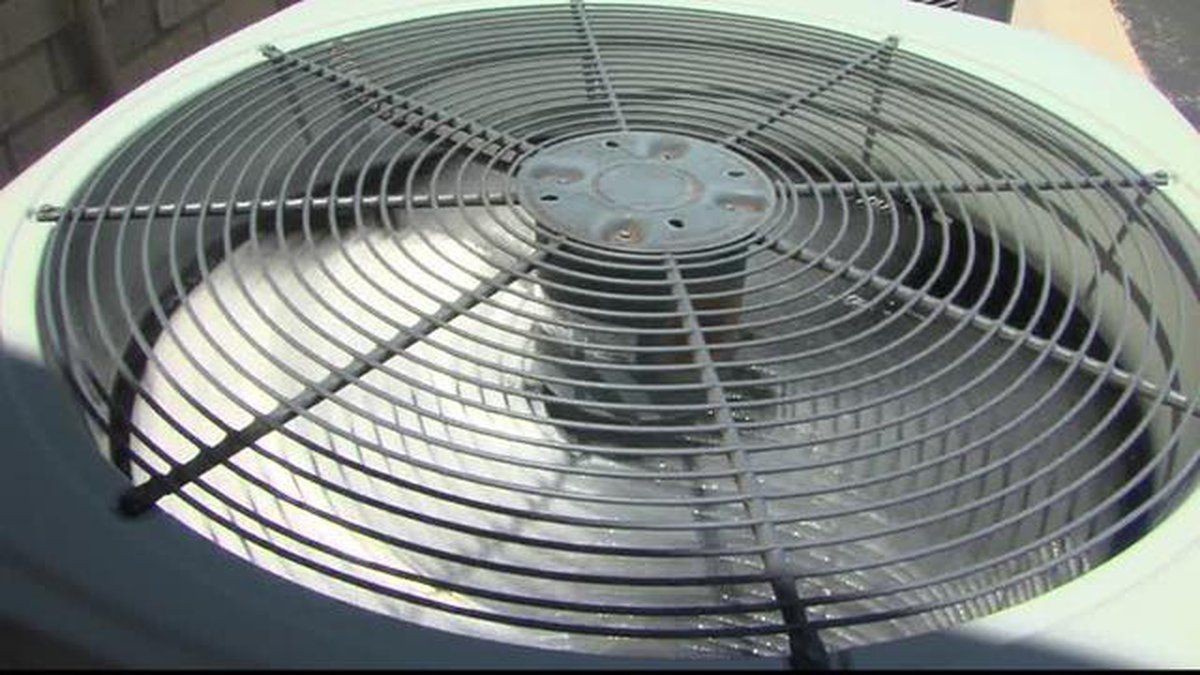

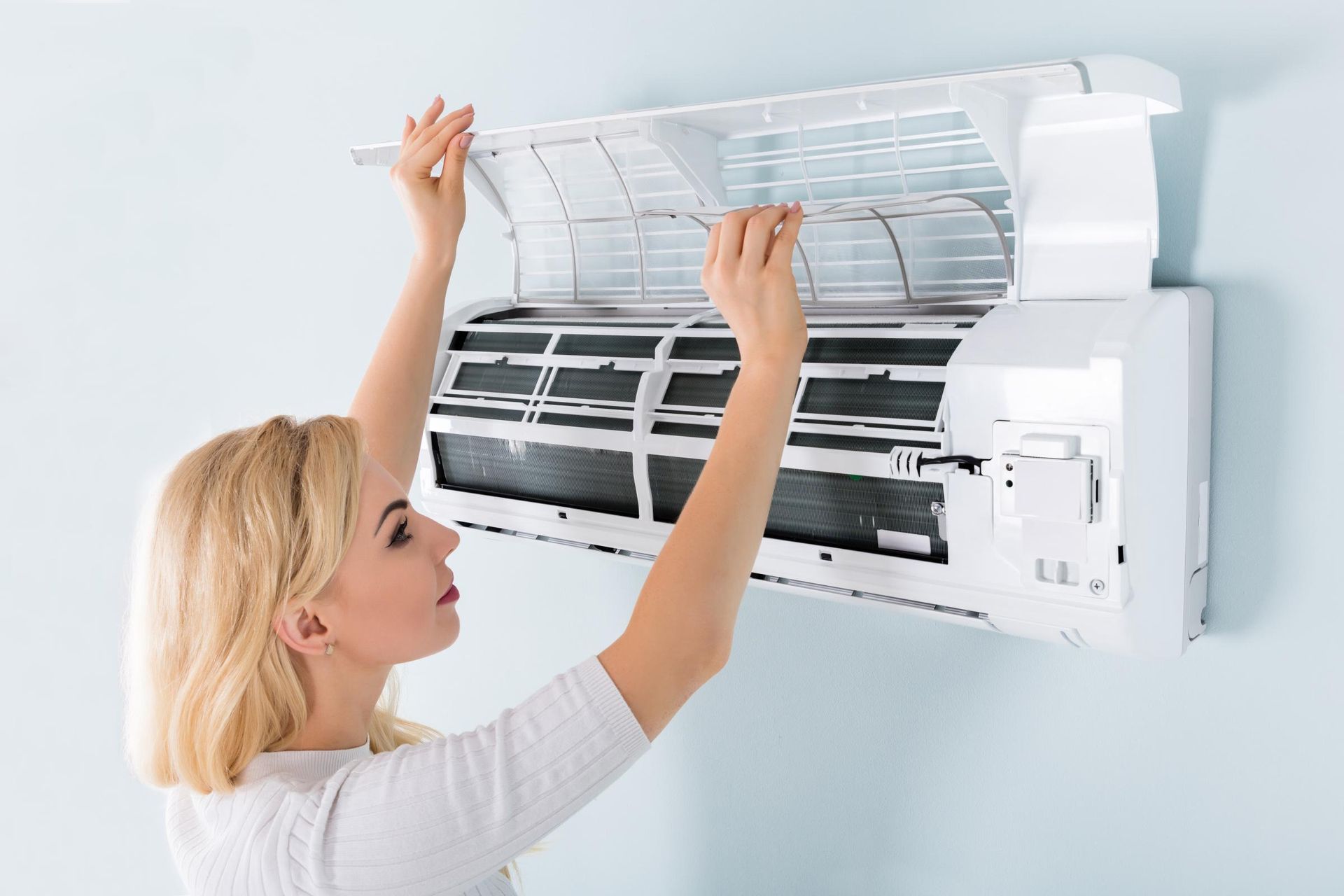
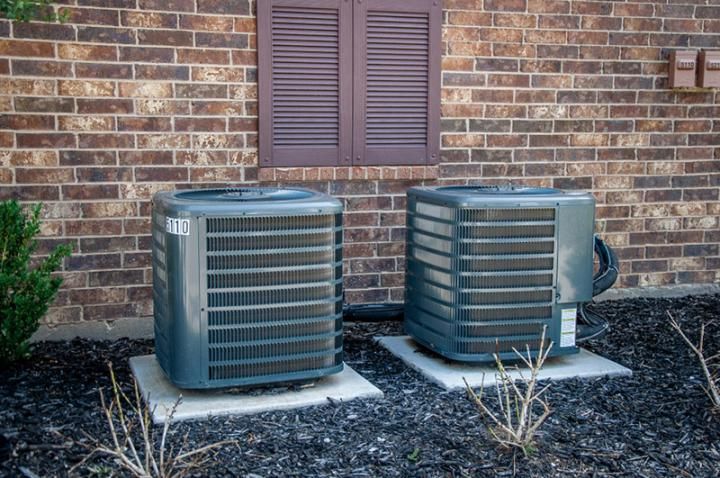

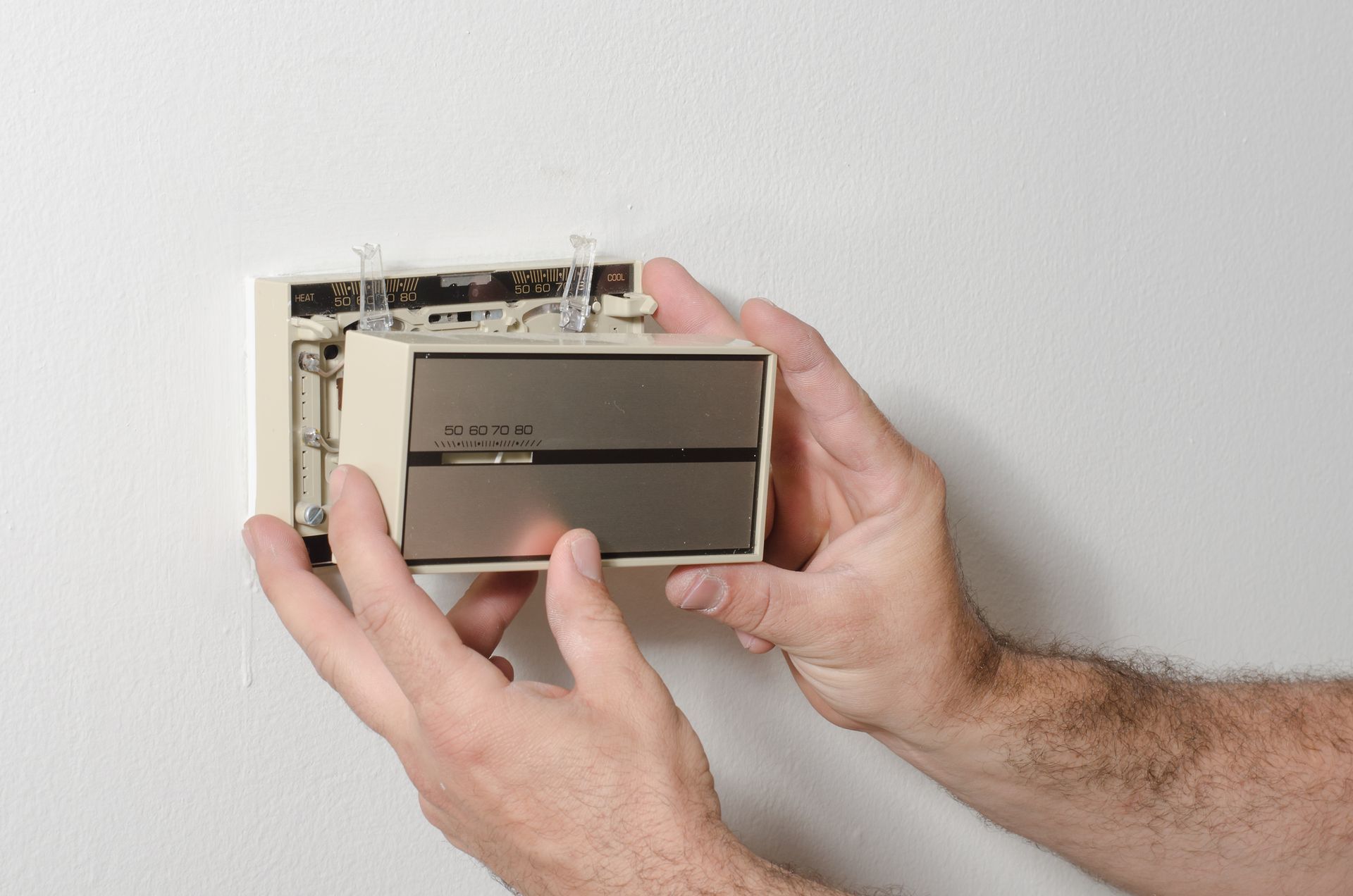

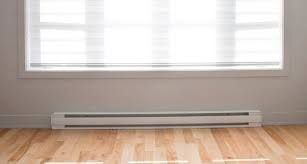
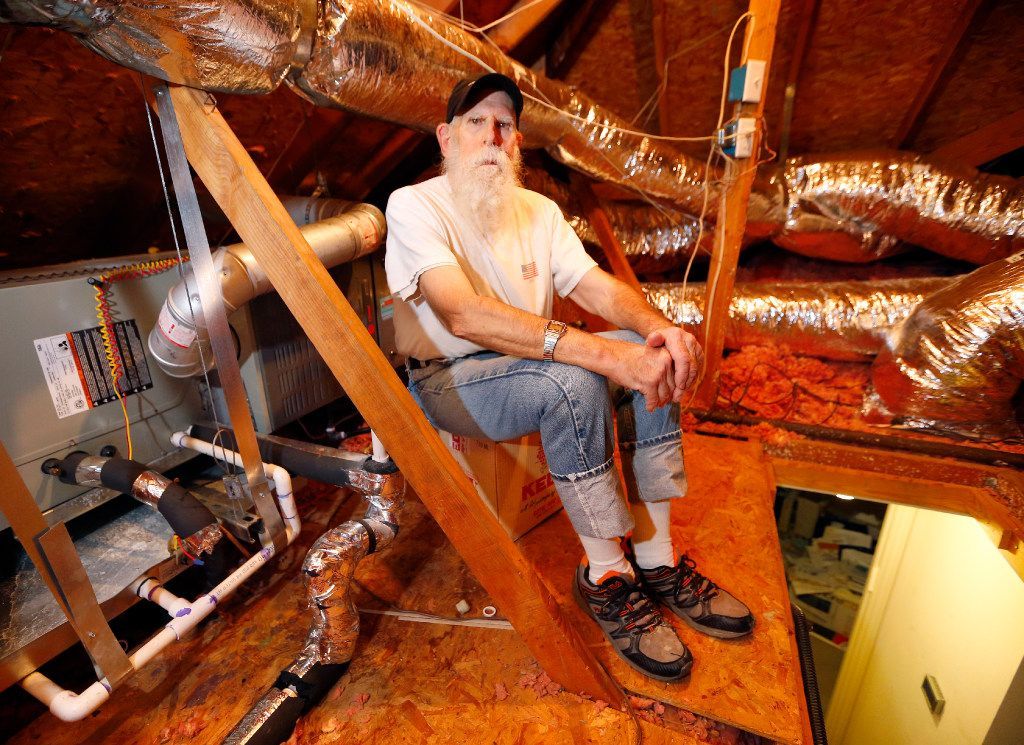

1200 Brickell Avenue Suite 1950, Miami, FL 33131
At 24/7 Local HVAC, we specialize in facilitating connections with top-tier HVAC professionals. Our focus is on bridging the gap between you and reputable HVAC companies operating within your local vicinity. It's important to emphasize that each of these HVAC entities functions independently and autonomously.
We firmly place the onus on every individual user to meticulously verify that any selected HVAC company aligns with the mandated licensing and insurance prerequisites stipulated by the governing authorities in their respective jurisdiction.
Furthermore, it's worth noting that our services may regrettably not cover all geographical areas. In instances where our services are available, the scope of offerings could potentially differ based on the composition of service providers present within that particular region.

